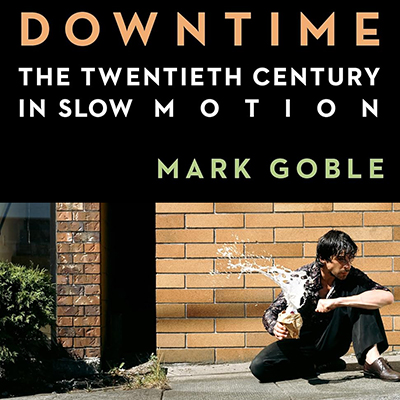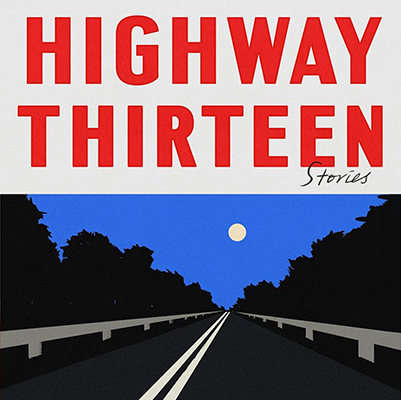Movable Londons: Performance and the Modern City
Julia Fawcett looks to the Restoration theater to understand the emergence of London as a modern city after the Great Fire of 1666.
The Future of Revolution: Communist Prospects from the Paris Commune to the George Floyd Uprising
How might a 21st-century revolution against class society succeed? Jasper Bernes synthesizes from a history of failure the key criteria for success.
Robert Beavers
In conjunction with a retrospective of his work, avant-garde filmmaker Robert Beavers engages in a week of post-screening conversations with Berkeley faculty members and other film scholars.
Artificial Humanities: A Fictional Perspective on Language in AI
Nina Beguš explores how literature, history, and art can deepen our understanding of artificial intelligence and guide us toward a more thoughtful future for AI.
In his exploration of plays named after objects, Mario Telò offers a new approach to the politics of familial and social relations in Roman comedy.
A Book is Born: The End Doesn’t Happen All at Once
Chi Rainer Bornfree and Ragini Tharoor Srinivasan met as doctoral students in UC Berkeley’s Rhetoric department. The friends became writing partners, collaborating on stories as they lived through the pandemic. The collaboration culminated in the publication of their 2025 memoir The End Doesn’t Happen All at Once.
Concrete Encoded: Poetry, Design, and the Cybernetic Imaginary in Brazil
Nathaniel Wolfson shows how the concrete movement in art and poetry — which burst onto Brazil’s cultural stage in the 1950s, during a dizzying period of modernization — presciently grappled with an emerging information age.
Michel Foucault and the History of Madness
In conjunction with the Townsend Center's art exhibition by Patrick Chambon, panelists explore the subject of madness in the work of renowned French philosopher Michel Foucault.
Mark Goble explores how slow motion in film and literature reveals a deep cultural fascination with the uneven speeds of modern life and our ability to comprehend them.
Fiona McFarlane's gripping collection of short stories explores the reverberations of a serial killer’s crimes in the lives of everyday people.









